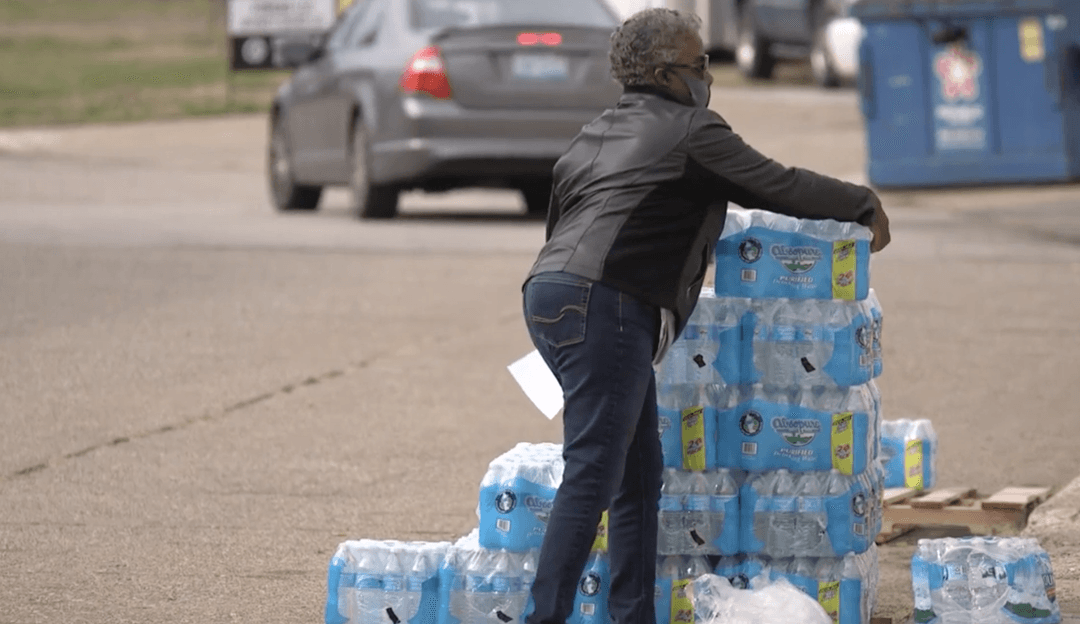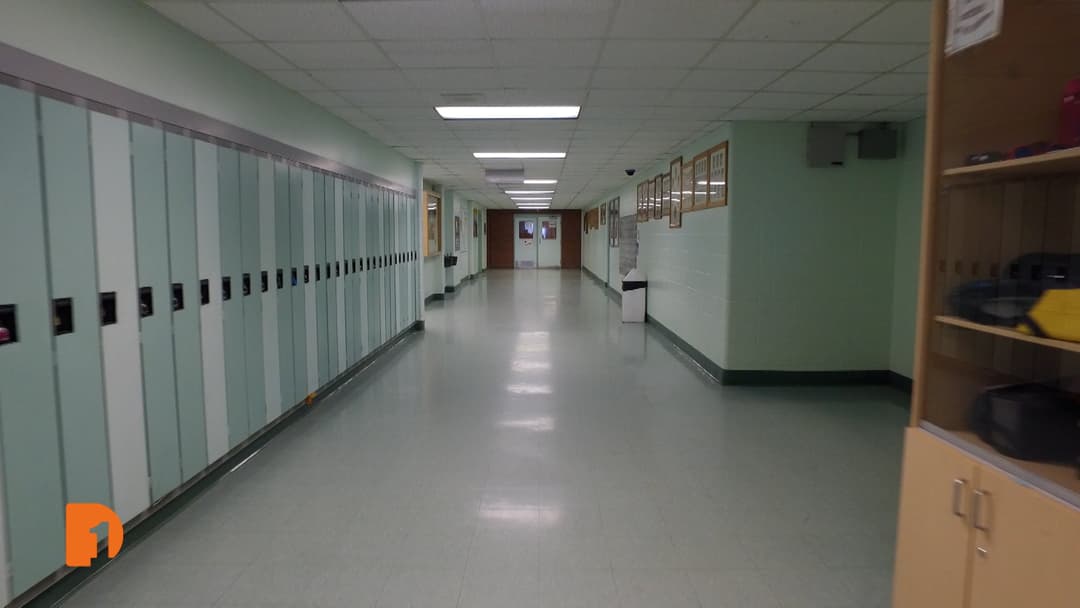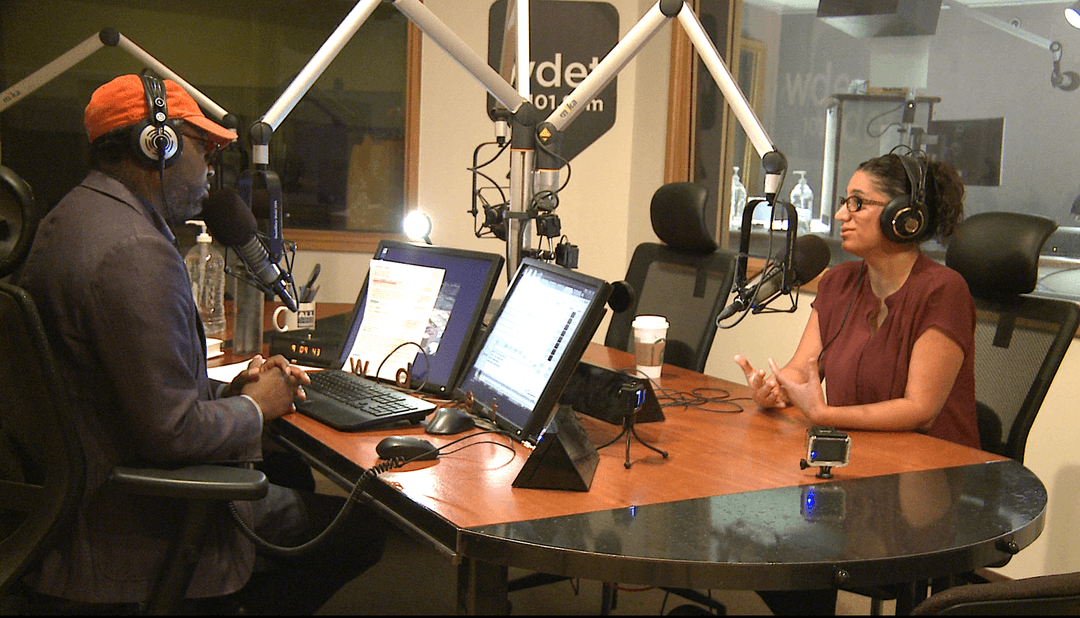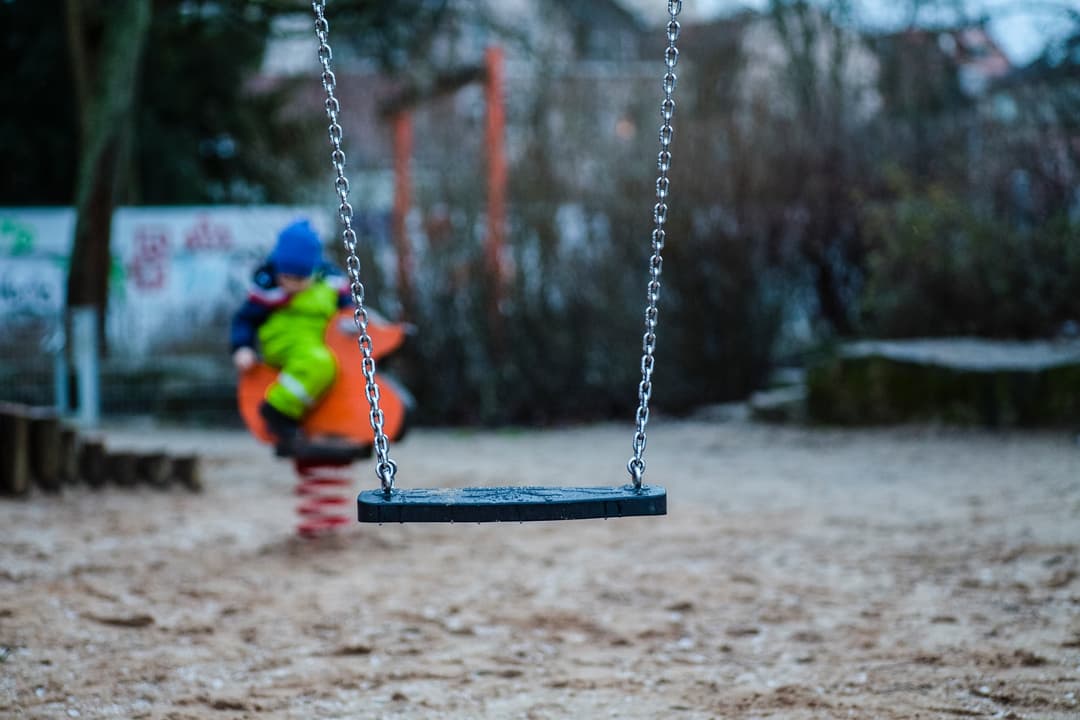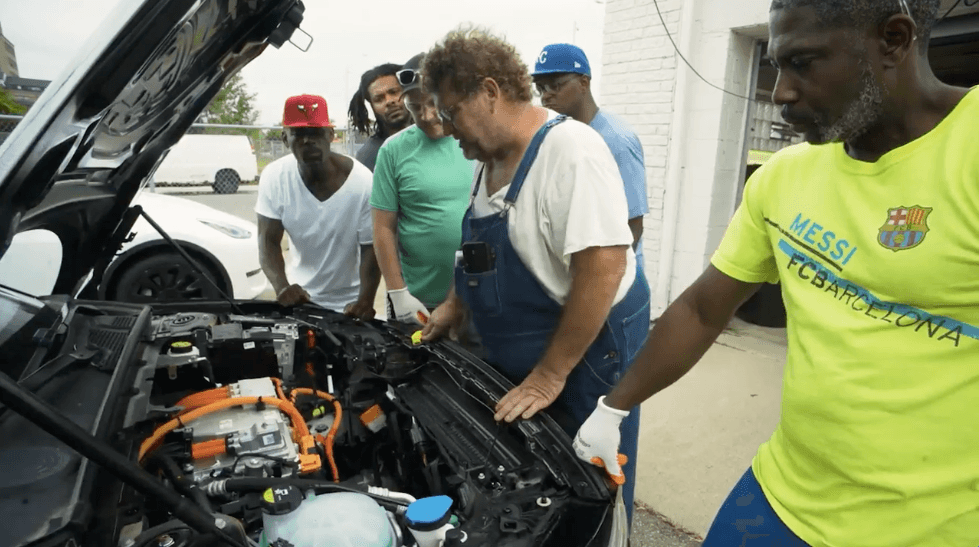
DJC Partner, Bridge Magazine | Preschool works wonders for Flint water crisis kids. But funding is running out.
Jun 7, 2018
June 6, 2018
Bridge Magazine, Chastity Pratt Dawsey
Connor Frost and his sister, Gabriella Looney, drank baby formula tainted with lead and bathed in poisoned water.
When Connor, who is now 3, began preschool last year, he wasn’t potty trained, had unexpected pains in his legs and could only say three words: “Ma,” “Pa and “Dawn,” the name of his babysitter. His sister is a year older and couldn’t talk or hear well.
They are members of Generation Flint: The 5,000 children in the city who are 5 or younger and at higher risk of learning disabilities and health problems because of the contamination of the city’s municipal water supply.

Both are students in a unique preschool, Cummings Great Expectations: An Early Childhood Center in Flint, that is showing big strides in educating children affected by the disaster. More than half of the school’s 115 children had at least one developmental delay that required health and social services, records show.
Laurie Frost, who is the grandmother of Connor and Gabriella, fought back tears recounting how far they have come.
“Now he can tell me his colors, his ABCs. They massage his legs when they hurt. Gabriella got tubes put in” her ears, Frost said. “(Cummings) has a lot for parents, they get us so involved. I love it and I don’t feel like I’m the only one going through this.”
Cummings is one of three preschools focusing on Flint’s lead-exposed children, two of which say they have seen 20-30 percent improvement in cognitive abilities in one year’s time.
The future of the programs, however, is in question.
Operated by the University of Michigan-Flint, the free public schools offer specialized services, and cost as much as $19,000 a year per student. That’s three times as much as typical public preschools, and grant funding for extra services is set to expire after the next school year.
“We don’t know if we’re going to be here past September 2019,” said Amy Hesse, central administrator for UM-Flint’s early childhood development programs.
The U-M preschool for lead-exposed children is not the only preschool program that is running out of cash. The additional state-funded preschool classes awarded to Flint Community Schools through the Great Start Readiness Program also will end in July. The district now has about 125 students in the program.
Next year, Cummings will have to turn away new preschool children whose families make more than 130 percent of the poverty rate (more than $32,000 a year for a family of four.) That’s because there will be no money to fund space for children who don’t qualify for the subsidized classes, Hesse said.
Stay Connected
Subscribe to One Detroit’s YouTube Channel.
Catch the daily conversations on our website, Facebook, Twitter, and Instagram @detroitperforms
Related Posts
Leave a Reply
Your email address will not be published. Required fields are marked*


